As the most important holiday of Christianity, Easter is celebrated in many European countries with unique and interesting customs.
Origin and meaning of Easter
Easter is considered one of the most important holidays of the year for Christians (Catholic, Orthodox, Protestant, Anglican).
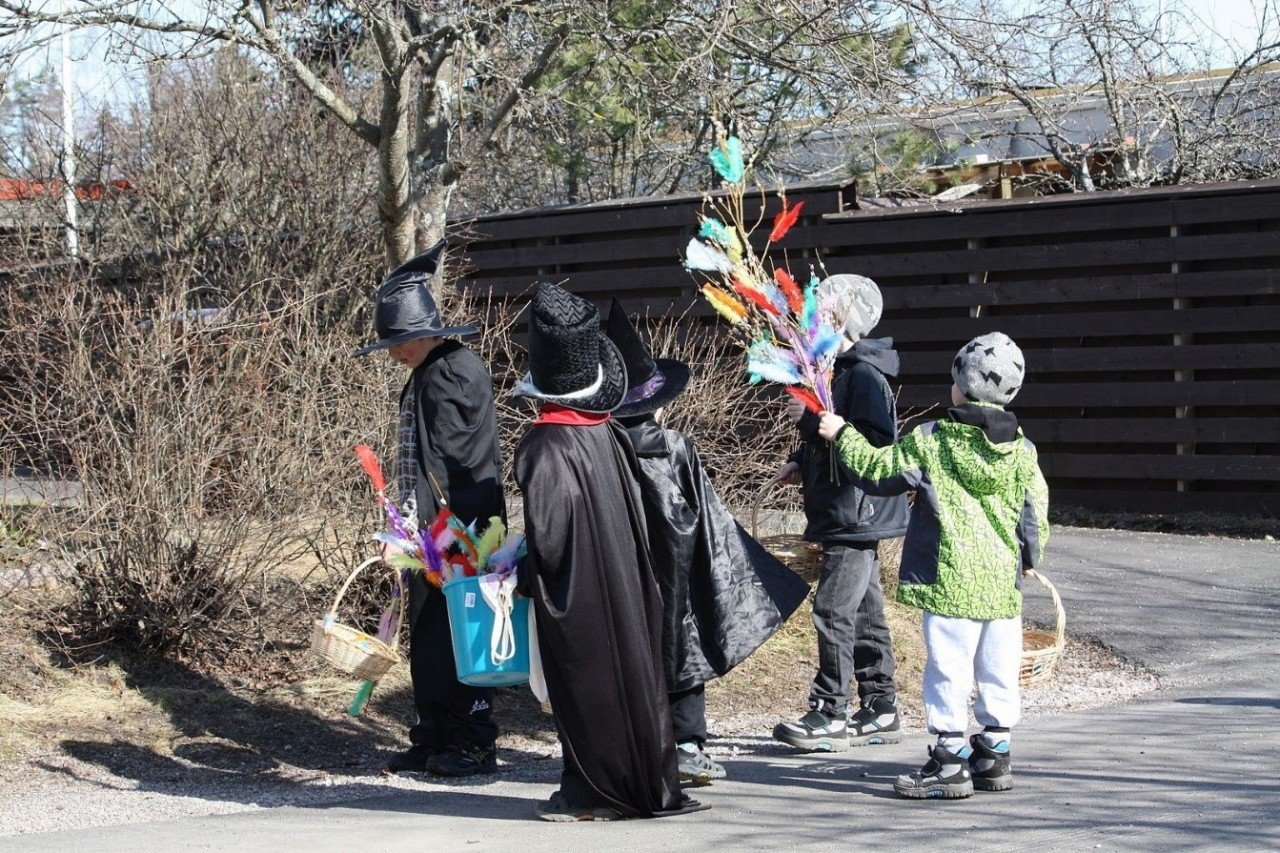 |
| Children in Sweden dress up as witches for Easter. (Source: foreignersinfinland.fi) |
Easter usually takes place on a Sunday around late March or early April to commemorate the resurrection of Jesus from the dead after being crucified on the Cross.
There is no fixed date, people often count Easter as the first Sunday after the first full moon or after the Spring equinox. Therefore, Easter is also considered a Spring festival, celebrating the change of seasons with many bright colors.
Easter is central to Christian belief. Christians believe that Jesus died on the cross but then rose from the dead and ascended triumphantly into Heaven.
Because Jesus overcame death and was resurrected, Christians believe that only He has the power to give them eternal life. Easter is also a festival of hope because it is the time when Spring returns to all things.
Symbols of Easter
Easter Eggs : Eggs are the oldest symbol of Easter, symbolizing fertility. On this occasion, people often give each other colorful decorated eggs, or made of chocolate, plaster or even wool, very eye-catching, decorated by their own hands to express their wishes.
Westerners believed that the Earth was hatched from a giant egg. In the Appalachian Mountains, ancient healers used to spin a ripe egg on a pregnant woman’s belly to predict the child’s future fertility.
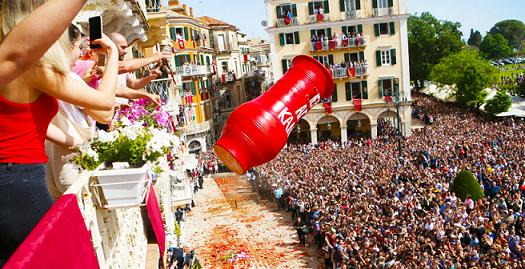 |
| People in Corfu, Greece, throw clay pots filled with water called "botides" into the streets during Easter. (Source: Greekcitytimes.com) |
Easter Bunny : In addition to being a symbol of fertility, the rabbit is also a symbol of abundant and strong vitality. In particular, the rabbit is associated with the legend of Ostara, also known as Easter. The name of this goddess of Spring is used to give the name of Easter.
According to legend, once the goddess brought Spring to Earth late, causing all creatures to suffer from cold, including a dying bird with frozen wings.
Out of pity, Ostara transformed the bird into a pet rabbit, giving it the ability to lay eggs and run fast. With this ability, the goddess wanted the rabbit to take on the task of giving gifts to children during the Spring. However, later, the rabbit god accidentally angered Ostara, and was thrown into the sky into the constellation Lepus.
Once a year, rabbits are only allowed to come down to earth once in the spring to give lovely eggs to people on earth. Since then, the image of rabbits carrying eggs has become a special feature of Easter.
Differences in Easter in different countries
Easter is like a little Halloween for kids in Sweden and some parts of Finland. On the Thursday before the holiday, children dress up as witches and give their neighbors cards and handmade Easter drawings in exchange for candy. When they return home, the kids receive large Easter eggs filled with homemade chocolate from their parents.
Norwegians celebrate the week-long Easter holiday by reading crime novels and watching murder mystery shows.
To meet the demand for movies, publishers release many new horror movies, while TV channels add crime dramas to their daily broadcast schedules.
This unusual custom was noted in a 1923 advertisement for a new crime book called Bergen Train Looted in the Night .
Advertised on the front page of a local newspaper, sales of the book were so high that publishers began releasing crime novels around Easter.
Television producers also released dramas soon after and a unique tradition was born.
In Greece, people in Corfu throw clay pots filled with water called "botides" into the streets, to show that they are throwing away old things and ready for a new beginning.
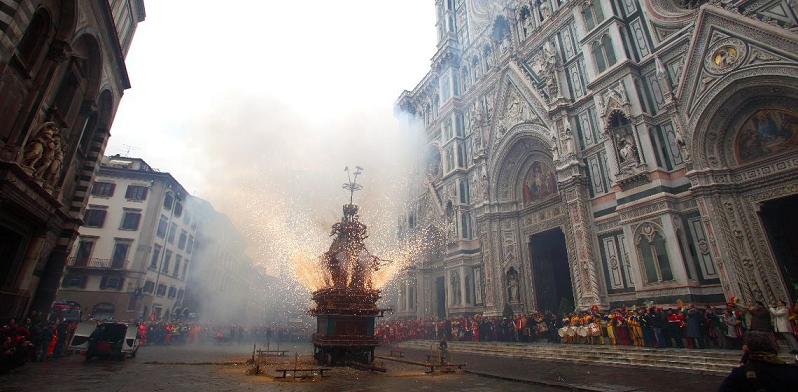 |
| Easter fireworks display outside Florence Cathedral. (Source: Destinationflorence.com) |
On Easter, hundreds of Italians dressed in 15th-century costumes escort a 9-meter-tall antique car filled with fireworks to Florence Cathedral.
This is a 350-year-old tradition called 'scoppio del carro' - which literally translates to 'explosion of the cart'. It is believed that this unique fireworks display promises a bountiful harvest in the coming year.
Easter 2024 begins on Sunday, March 31.
(synthetic)
Source





![[Photo] Overcoming all difficulties, speeding up construction progress of Hoa Binh Hydropower Plant Expansion Project](https://vstatic.vietnam.vn/vietnam/resource/IMAGE/2025/4/12/bff04b551e98484c84d74c8faa3526e0)
![[Photo] Closing of the 11th Conference of the 13th Central Committee of the Communist Party of Vietnam](https://vstatic.vietnam.vn/vietnam/resource/IMAGE/2025/4/12/114b57fe6e9b4814a5ddfacf6dfe5b7f)





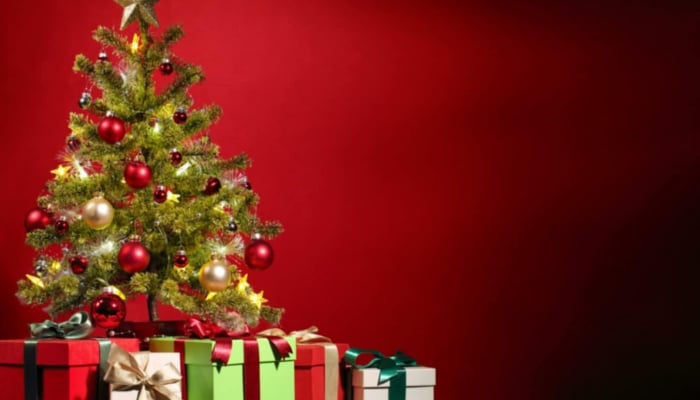





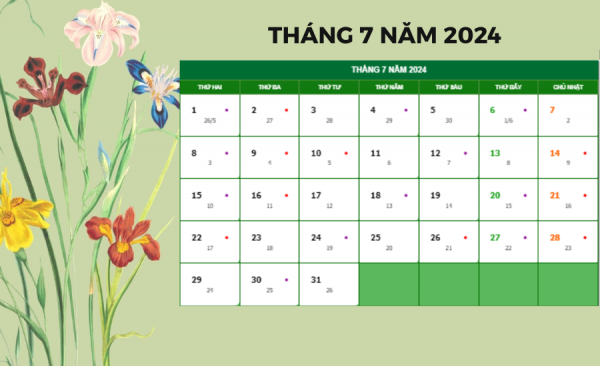
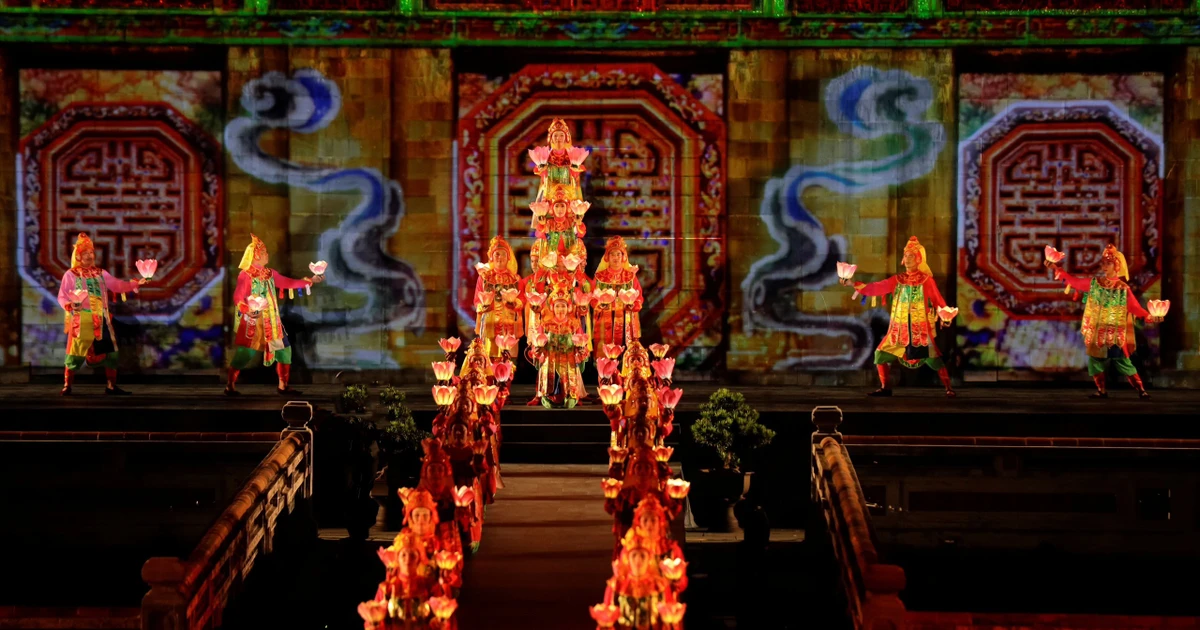
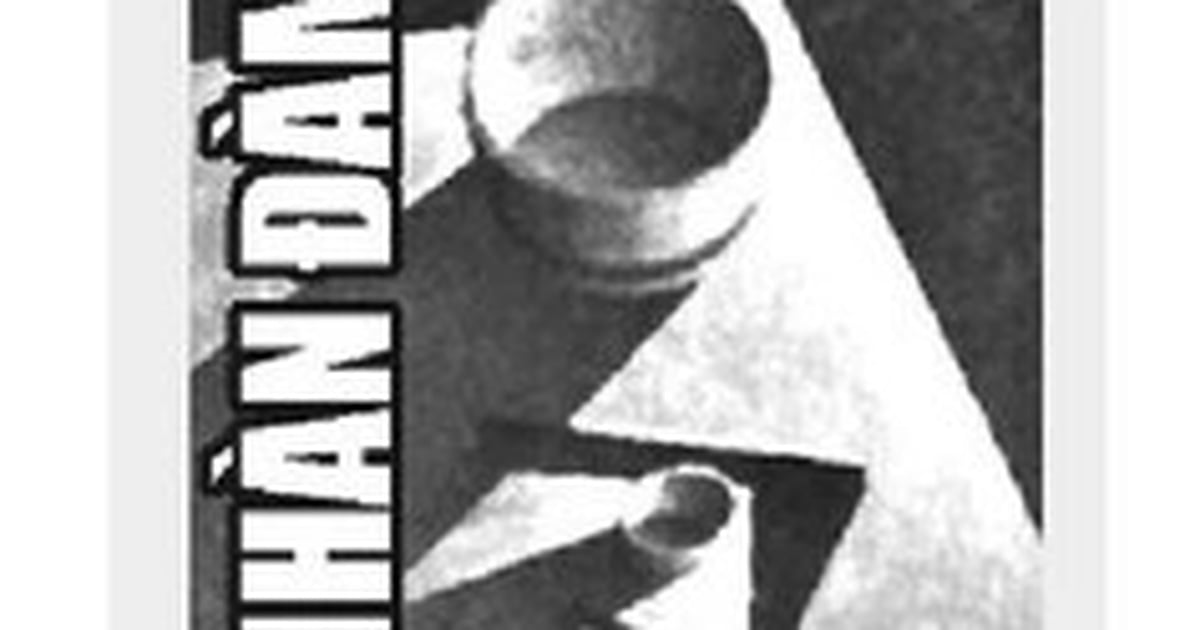
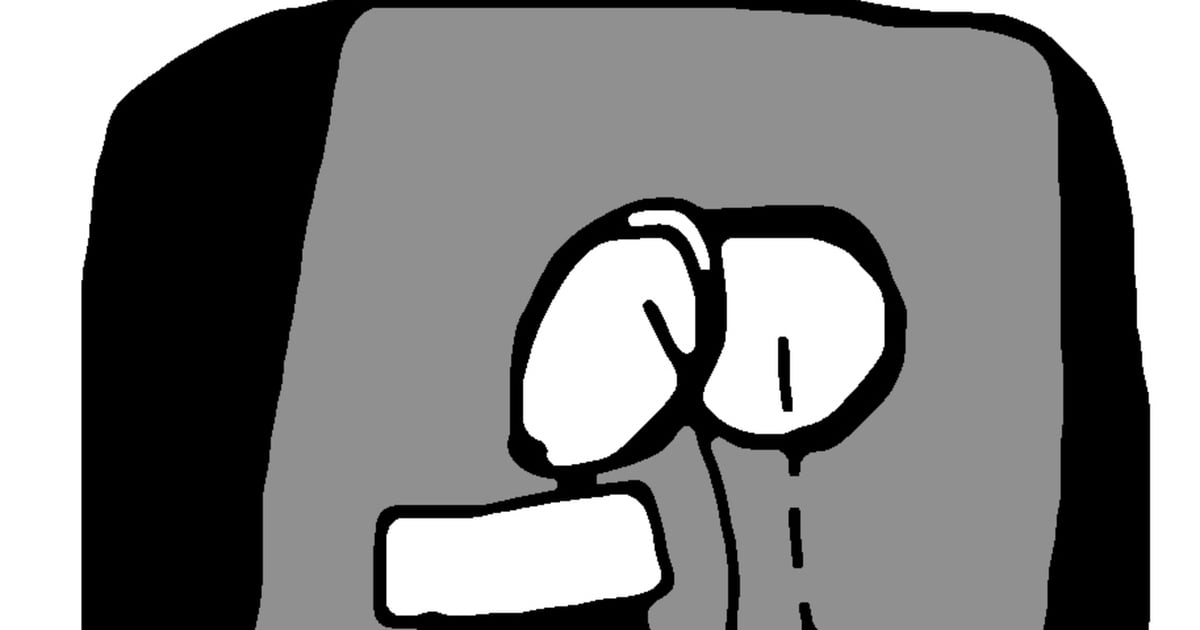
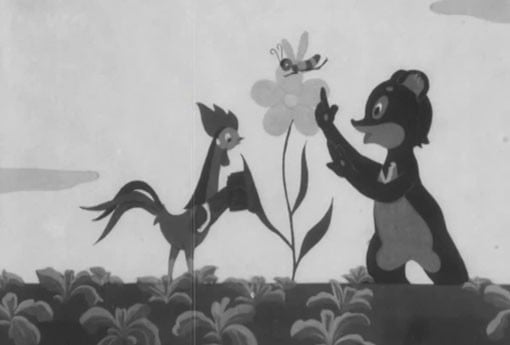
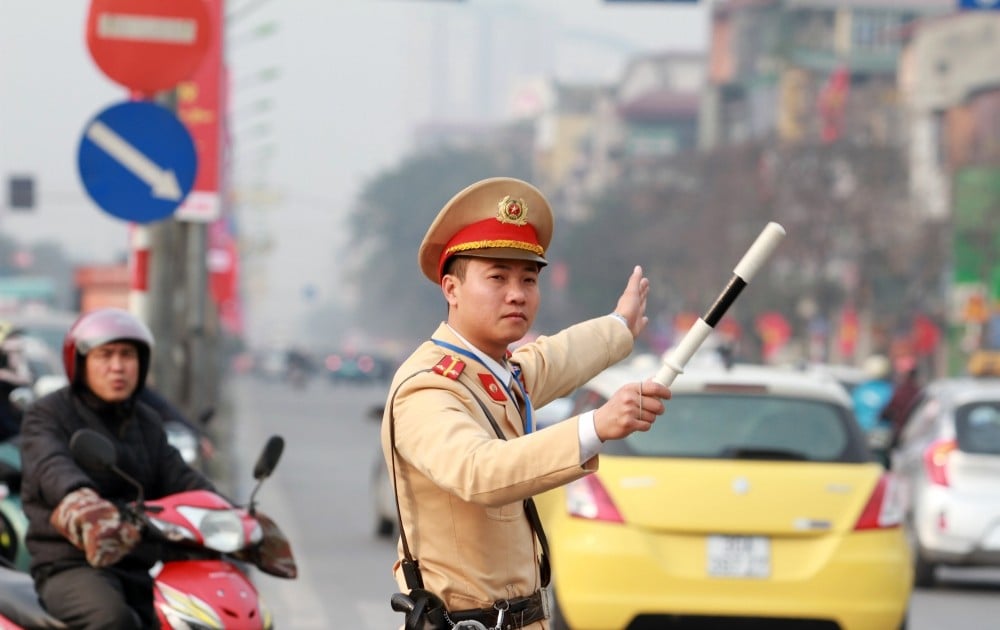



























































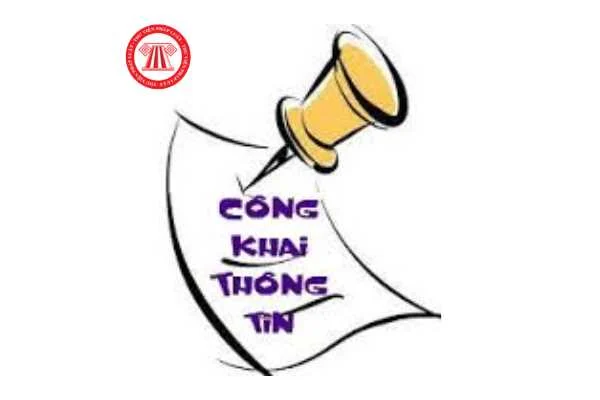













Comment (0)